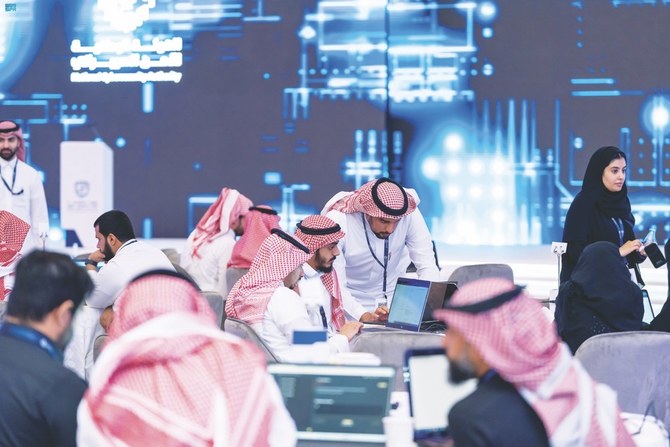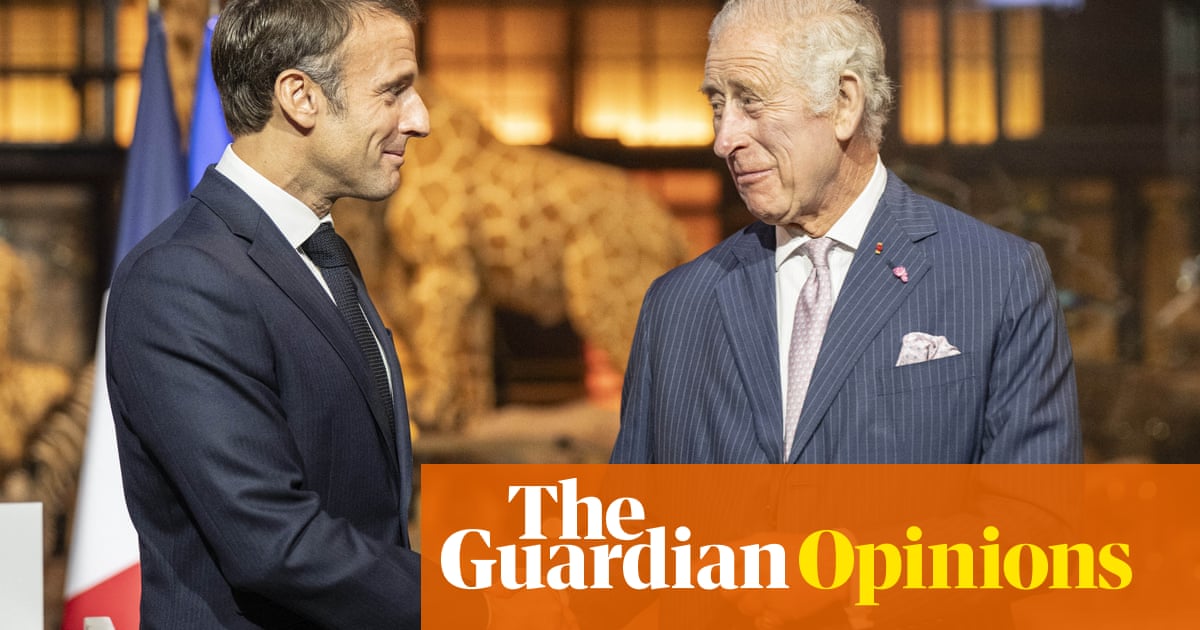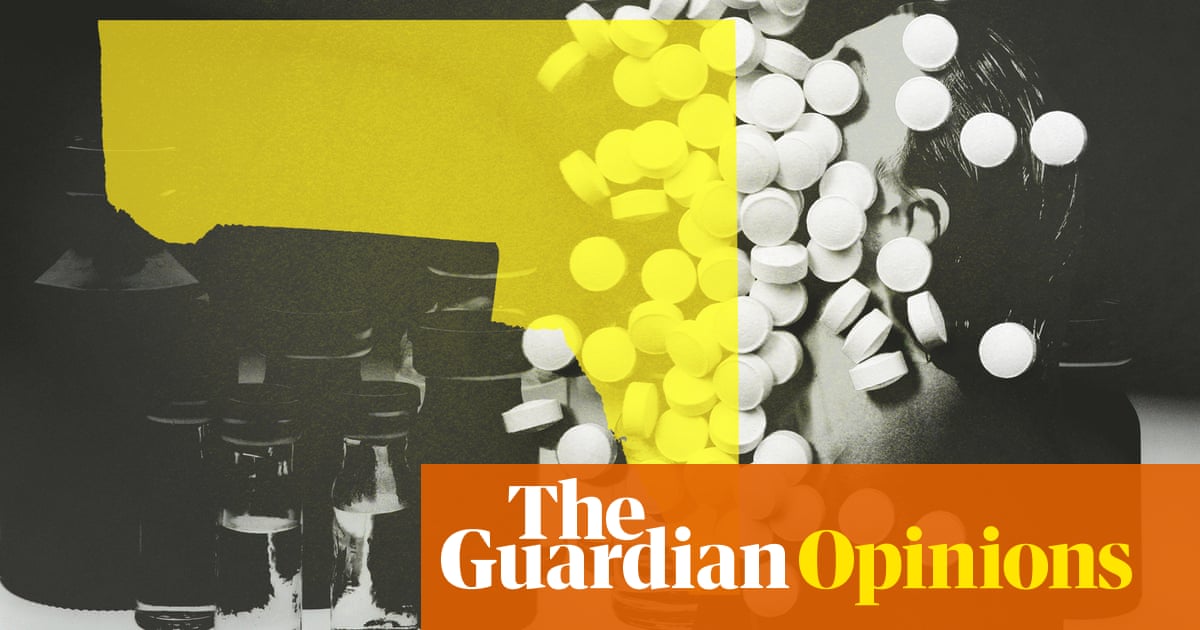
Europe’s record-breaking summer heat is being mirrored in the EU by hot debates, such as whether or not the bloc’s member states should ban Russian tourists. A travel ban was discussed by EU foreign ministers in an informal meeting in Prague this week. Currently, the member states are divided in their positions, with Germany and France strongly opposing the idea, while Estonia, Latvia, Finland, Norway, Poland and Czechia support an entry ban on Russian tourists. Estonia has already imposed strict restrictions on Russians, no longer issuing Schengen visas to them, while it also plans to no longer permit entry to Russians who hold a Schengen visa issued by other countries. Similarly, Latvia has stopped issuing entry visas to Russians and has suspended a cross-border deal with Russia.
The argument for the ban follows Ukrainian President Volodymyr Zelensky’s approach of: “Let them live in their own world until they change their philosophy.” He added: “This is the only way to influence (Russian President Vladimir) Putin.”
However, this stance does not seem to have influenced either Putin or his citizens. According to the latest polls by the Levada Center, an independent polling agency in Moscow, more than three quarters of Russians continue to support Moscow’s “special military operation” in Ukraine, with just 18 percent opposed. And Putin’s approval rating is in fact growing. In July 2021, 64 percent approved of the president’s actions; at the start of the “operation” in February his support was at 71 percent; and by July the number had increased to 83 percent.
Regarding the issue of banning Russians from visiting Europe, The Washington Post quoted an anonymous EU diplomat as saying: “You risk making the EU the bad guy in the eyes of Russian citizens who may not be supportive of the regime or supportive of the war.” Perhaps there is some wisdom in these words, as Russians’ approval of the Kremlin’s actions may be linked with the Western responses, such as introducing economic sanctions, closing airspace and targeted sanctions for 1,200 individuals.
The “wiser” approach followed by Germany and France includes concerns over human rights, along with finding solutions for groups such as students, family members and scientists. In other words, this approach shows concern for the EU’s main drivers of effective soft power, including the key principles of democracy, human rights and equality, which appeal to many Russians.
The “normative power of the EU,” introduced by Ian Manners, was inspired by Francois Duchene’s “civilian power” and is in line with Joseph Nye’s concept of soft power. Normative power stresses the distinctive European “ideological influence on other members in international relations,” as explained by Manners in 2002. The understanding of this influence can arguably be broadened further, as citizens of some non-EU states prefer to travel to Europe to feel such ideological influence.
The key mechanism for gaining influence by winning hearts and minds could be lost by a policy of banning Russians.
Dr. Diana Galeeva
Moreover, any lack of travel to the EU might prevent the opportunity to win hearts and minds through the influence of European history, culture or architecture, with an inability to view the works of Michelangelo, Botticelli or Leonardo da Vinci, such as the Mona Lisa at the Louvre in Paris, perhaps decreasing the appreciation of European soft power by Russians. In other words, the key mechanism for gaining influence by winning hearts and minds could be lost by a policy of banning Russians.
The discussion took the form of a more informal meeting this week, but it is expected the issue will be discussed further in more formal meetings. It is safe to believe that EU member states will follow the “wiser” scenario on this matter by applying some potential compromises. One of these could be the full suspension of a 2007 visa facilitation agreement with Russia. This would make getting visas more expensive and difficult, but still offer Russians the opportunity to receive tourist visas. In this case, those who are already influenced by Europe’s soft power — its values, culture and history — will continue to be able to access their travel destinations, despite additional difficulties.
For other Russians, an alternative way to avoid complications would be to look to other destinations, including discovering the wider Middle East and North Africa region. Turkey, the UAE and Egypt are already among the favorite destinations for Russian tourists. Further, new programs are developing tourism opportunities and establishing new unique destinations, such as NEOM and AlUla in Saudi Arabia or the cultural and historical attractions of North Africa.
Interestingly, the tourist flow to Morocco grew in the 2000s, arguably due to the well-recognized Brazilian telenovela “O Clone” (The Clone), which is partly set in the North African country. Today, due to geopolitical pressures, the MENA region might be even more attractive to Russians thanks to the richness it can offer.
At the same time, perhaps this region might consider looking to Russia, with its population of 144 million, by offering its citizens better and more interesting deals. However, geopolitical challenges also arise here, including great power competition, which fits into the ongoing debate in international relations: Which should be first, national interests or dedication to a long-term traditional alignment?
Dr. Diana Galeeva was an academic visitor to St. Antony’s College, Oxford University (2019-2022). She is the author of two books: “Qatar: The Practice of Rented Power” (Routledge, 2022) and “Russia and the GCC: The Case of Tatarstan’s Paradiplomacy” (I.B. Tauris/Bloomsbury, 2023). She is also a co-editor of the collection “Post-Brexit Europe and UK: Policy Challenges Towards Iran and the GCC States” (Palgrave Macmillan, 2021). Twitter: @diana_galeeva
Disclaimer: Views expressed by writers in this section are their own and do not necessarily reflect Arab News" point of view












